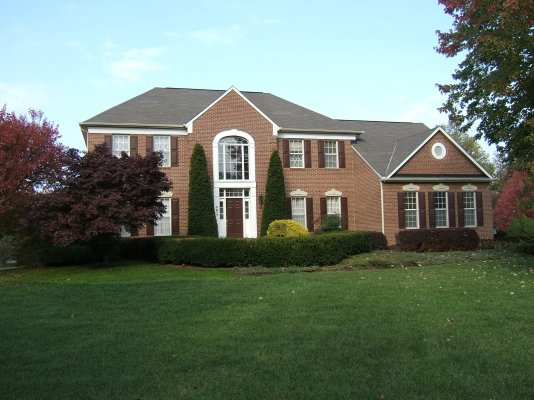Orchidflower
Thinks s/he gets paid by the post
- Joined
- Mar 10, 2007
- Messages
- 3,323
Assuming finding employment is no longer a factor (you no longer work, you work from home for yourself or any variety of scenarios)--except for the fact that high unemployment often brings on high crime--which situation would you say is the better option:
1. Purchase a home in an affluent area where the real estate prices have fallen tremendously--with a high unemployment rate now--on the assumption that the price will again go up and the employment rate will eventually turn, also; however, you've gotten a heck-of-a-deal on your property if all goes well. Think Scottsdale, Hilton Head, any city in California or Florida practically, etc.
OR
2. Purchase a home in a university town where unemployment is still strong and real estate prices have held their value, and, even if unemployment rates do fall, that college town will still be healthier there than most cities by far? Granted, this means your property value won't skyrocket either later, but no high crime either, most likely. Think Ann Arbor, Gainesville or any of the fiscally healthy college towns.
Alot depends on how long this recession lasts, but, all things being more-or-less equal, which move do you think is the smart one?
I'm curious as to what the board members think about this as I just hashed this over last night with a friend. Thought it was an interesting dilemma to pass on, but we were assuming the recession would last 5 years max.
1. Purchase a home in an affluent area where the real estate prices have fallen tremendously--with a high unemployment rate now--on the assumption that the price will again go up and the employment rate will eventually turn, also; however, you've gotten a heck-of-a-deal on your property if all goes well. Think Scottsdale, Hilton Head, any city in California or Florida practically, etc.
OR
2. Purchase a home in a university town where unemployment is still strong and real estate prices have held their value, and, even if unemployment rates do fall, that college town will still be healthier there than most cities by far? Granted, this means your property value won't skyrocket either later, but no high crime either, most likely. Think Ann Arbor, Gainesville or any of the fiscally healthy college towns.
Alot depends on how long this recession lasts, but, all things being more-or-less equal, which move do you think is the smart one?
I'm curious as to what the board members think about this as I just hashed this over last night with a friend. Thought it was an interesting dilemma to pass on, but we were assuming the recession would last 5 years max.



